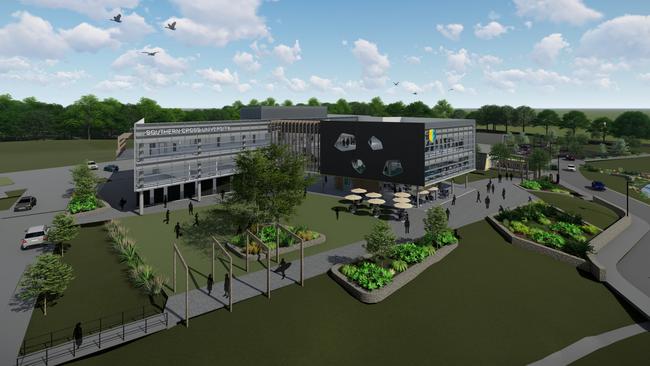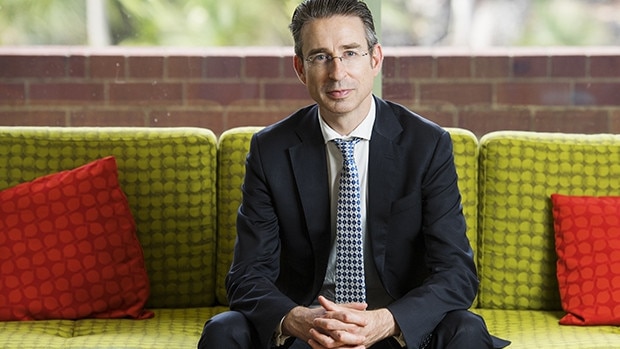Funding secured for SCU’s Health Services Precinct expansion
A new multipurpose facility at south Coffs Harbour will provide health services for the general public and be a training centre for the university. Here’s how it will work.
Coffs Harbour
Don't miss out on the headlines from Coffs Harbour. Followed categories will be added to My News.
Coffs Harbour’s growing pains are set to be partially offset by a multimillion-dollar cash splash to get a new health services and teaching facility across the line.
The federal government has confirmed a $27.5 million investment to complete stage two of Southern Cross University’s (SCU) Health Services Precinct.
The university will kick in the remaining $12.5m to fund the $40m project.
The expansion comes amid the headline forecast that Coffs Harbour’s population is set to grow by 25 per cent in the next 15 years.
That would see near 90,000 people call Coffs home - as in 2019 the local government area had a population of more than 74,000.

The rapid growth of Coffs city in recent years has brought challenges - as the housing industry struggles to meet demand.
The money for stage two of the health precinct is in the 2022-23 budget.
Local federal MP Pat Conaghan said the project would stoke employment.
“More than 150 jobs will be created during construction, and we expect an additional 800 students in the first five years will be able to study here, adding not just to the local population but the visitor and tourist economy as well,” he said.

SCU Vice Chancellor Tyrone Carlin said the facilities - including laboratories and teaching facilities in bioscience, anatomy, physiology and chemistry - will also offer health services for the general public.
These will be a community health clinic with speech and voice labs, mental health and therapy rooms, rehabilitation and exercise studios and consultation rooms.
“We are grateful for the opportunity to realise the vision for these new cutting-edge facilities that will attract students and support the development of the regional health workforce of the future,” Professor Carlin said.




